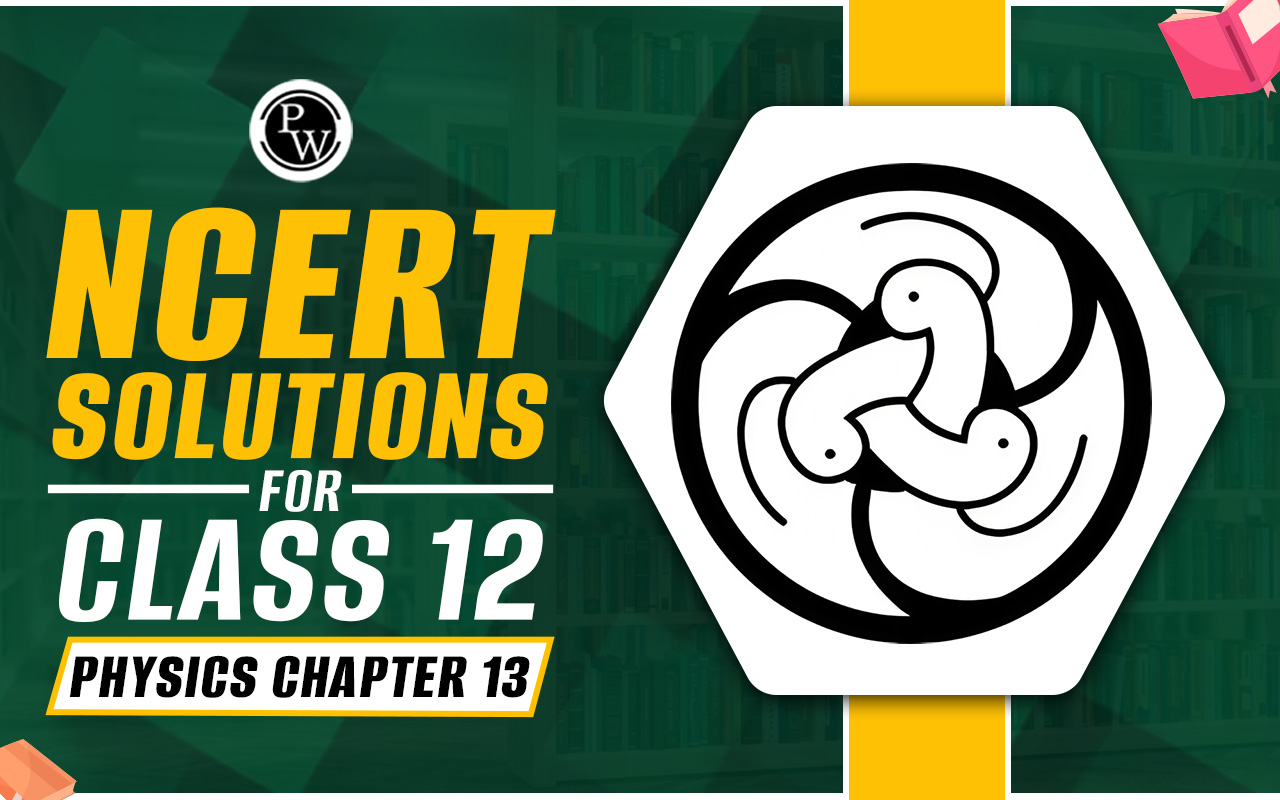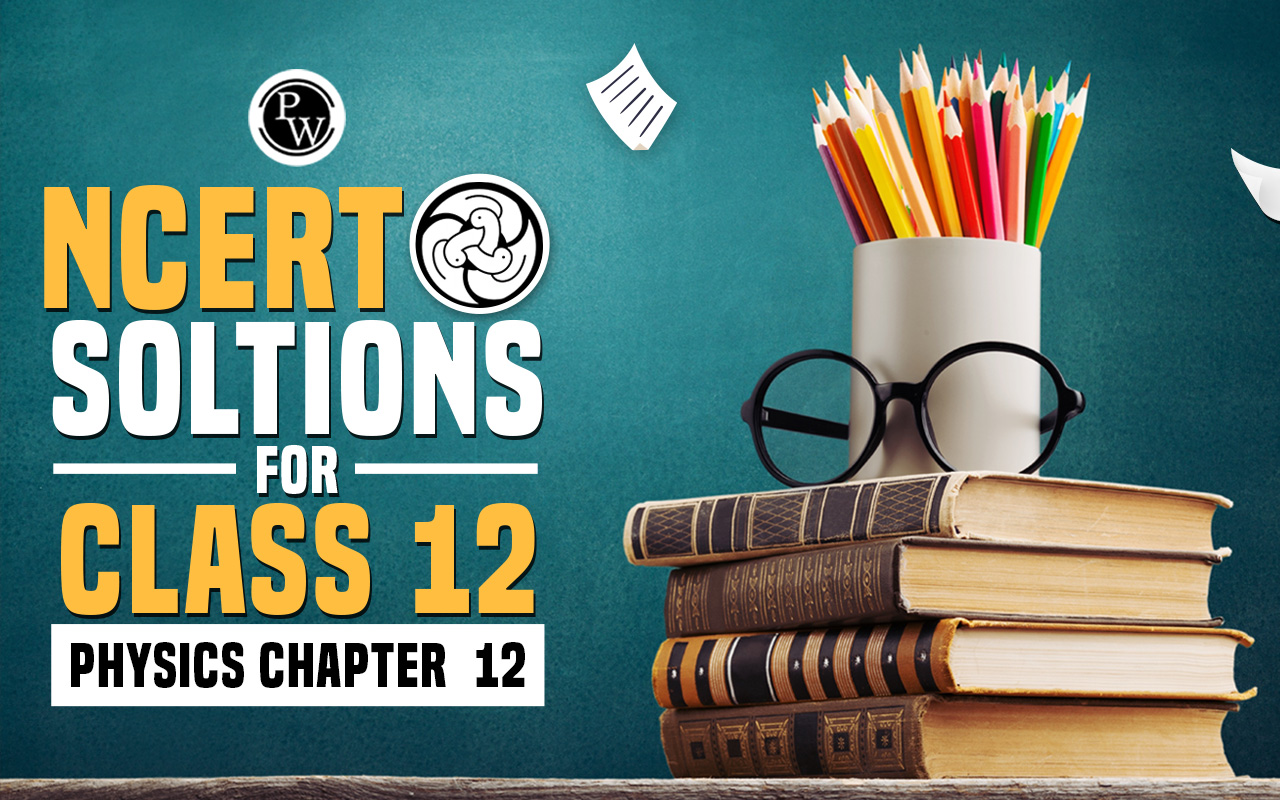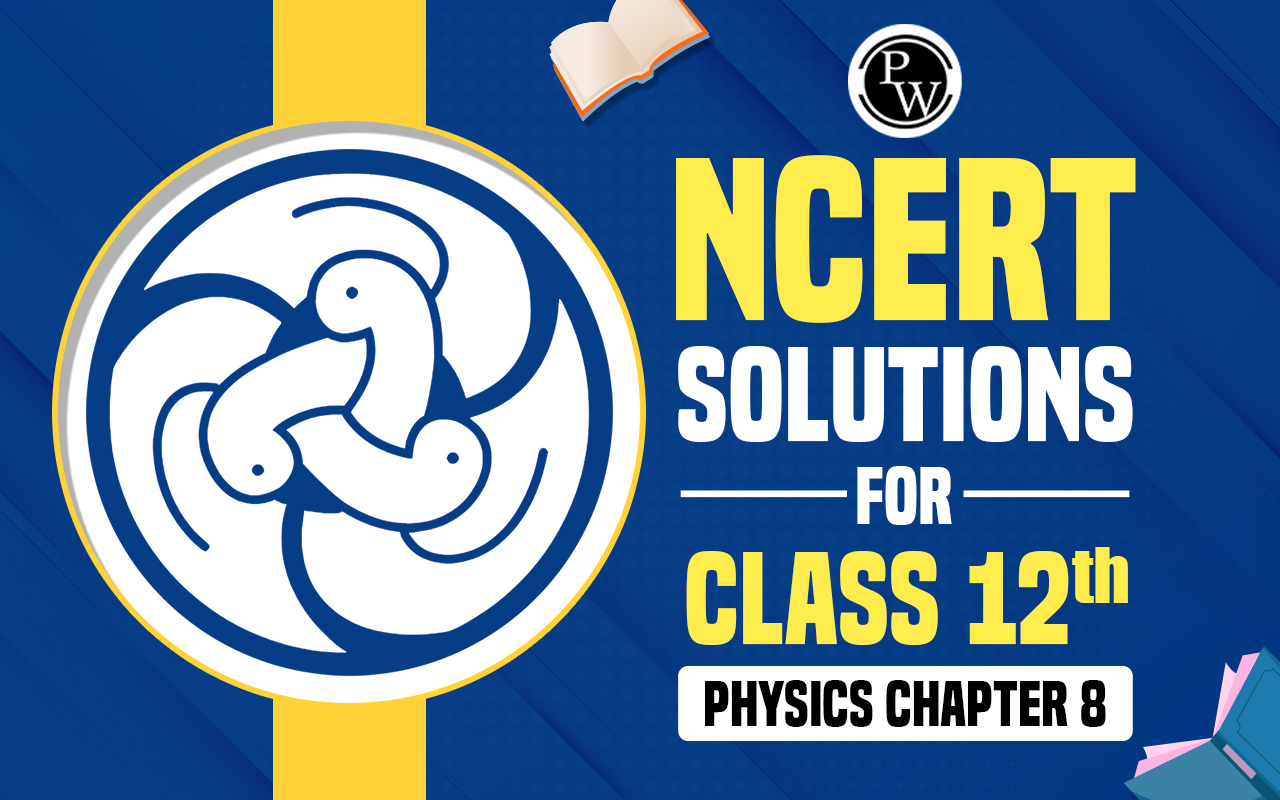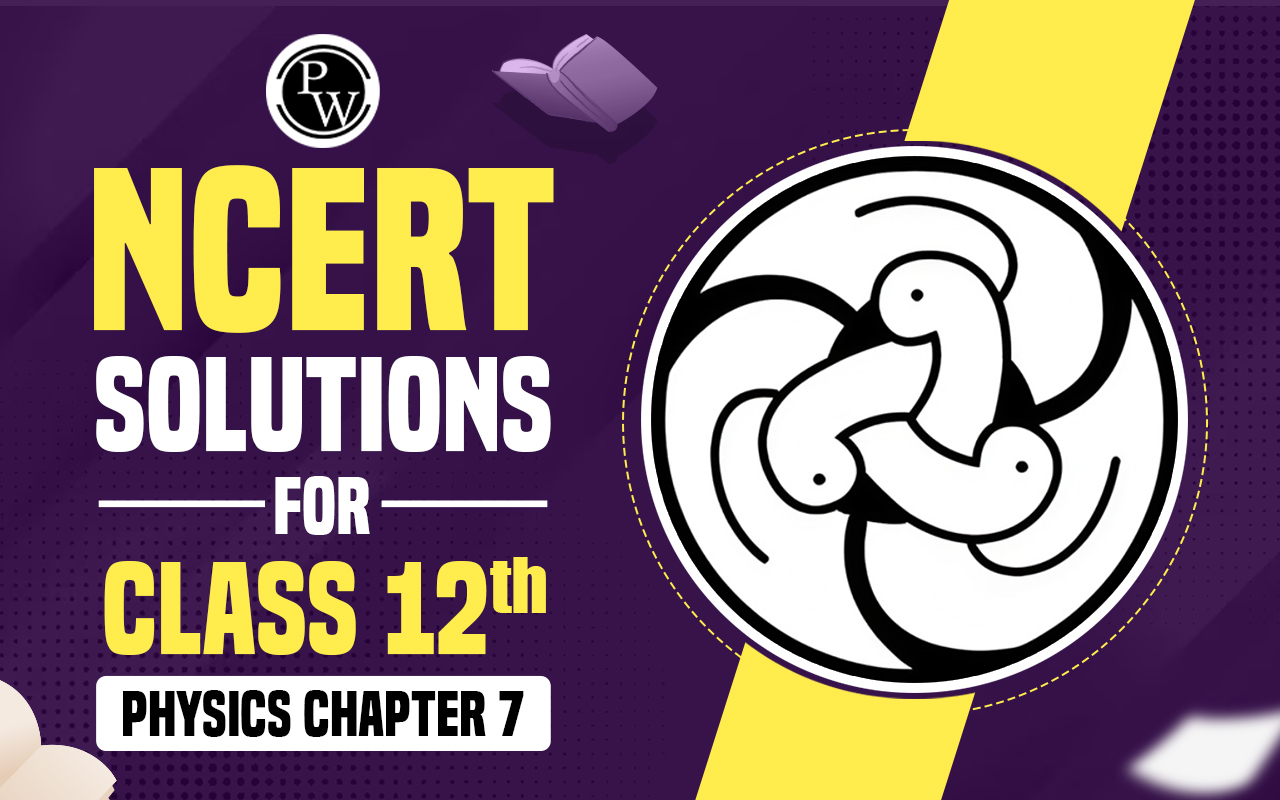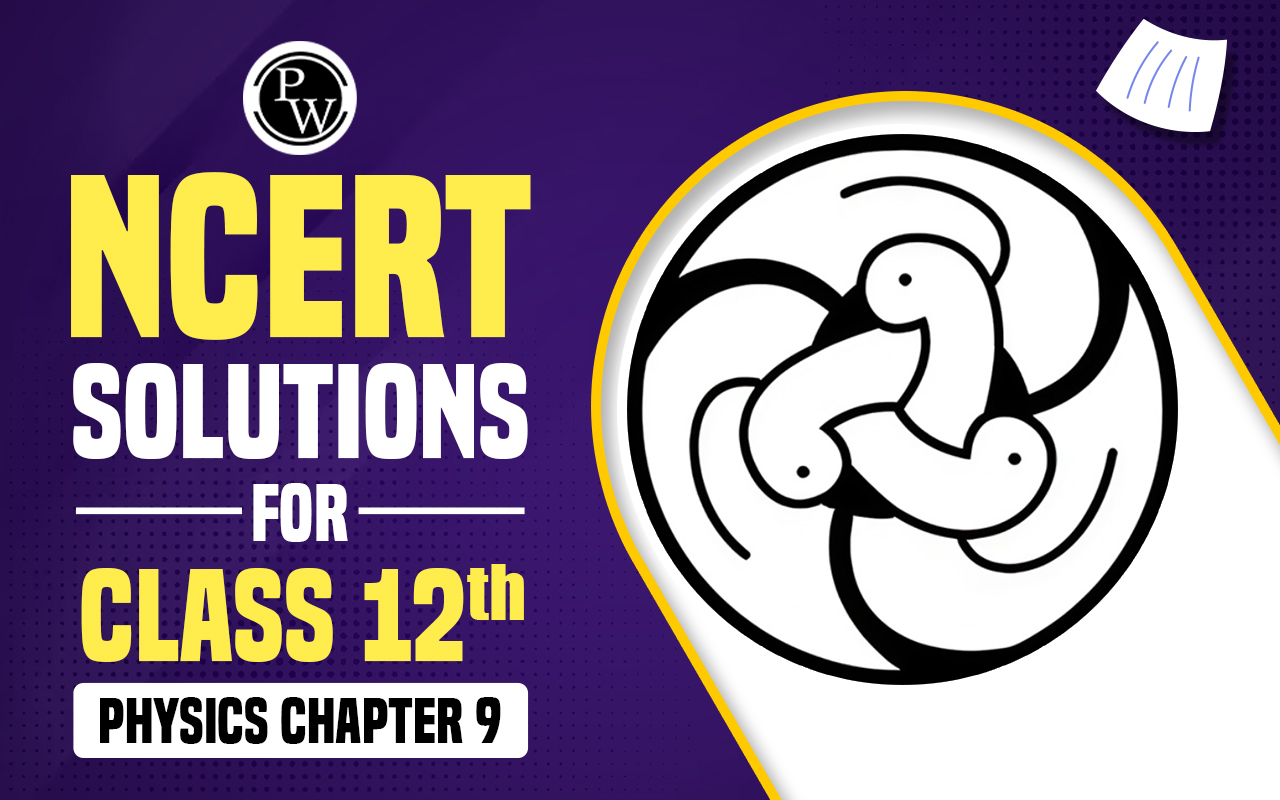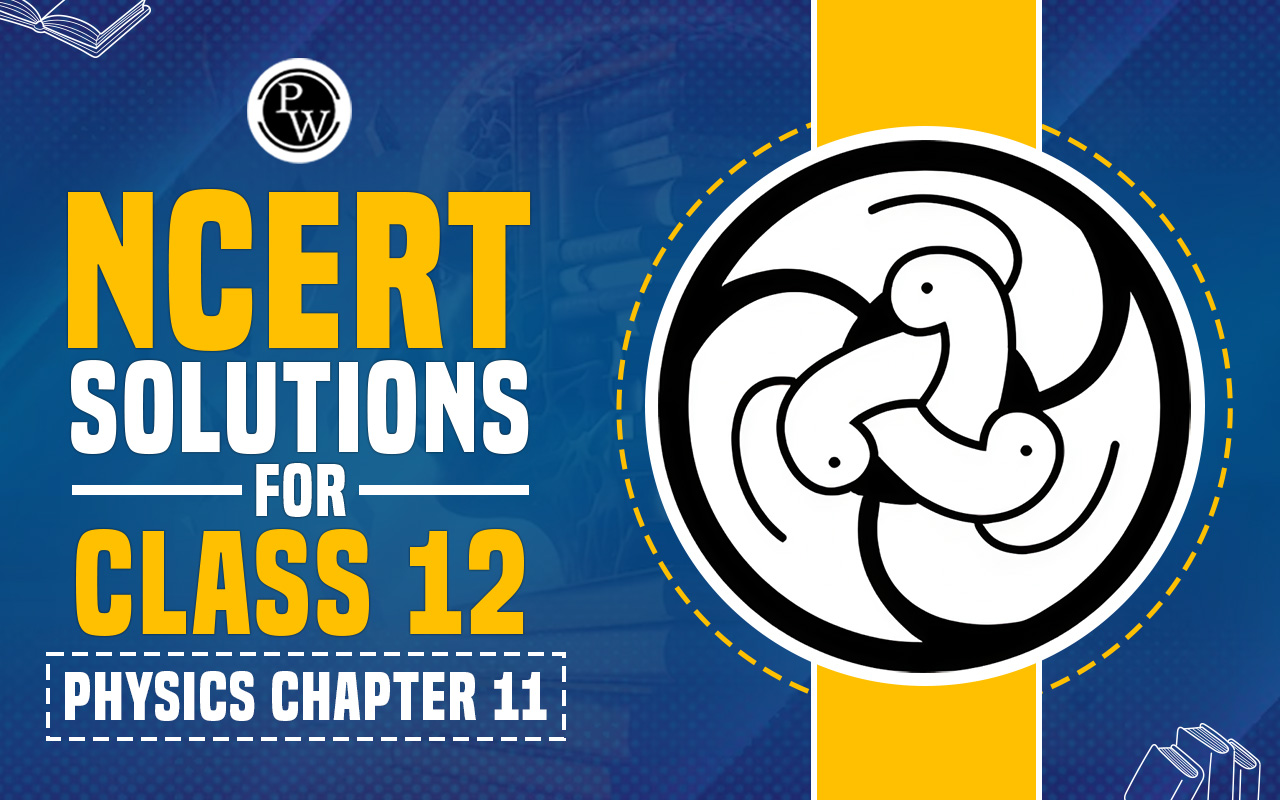
A verb form is the alteration of a verb to fit the context of a specific action at a particular time. English encompasses five verb forms: the base form (root verb), the third person singular present form, the present participle, the simple past verb, and the past participle verb.
What Is a Verb Form?
Verbs are important words in sentences. They show actions, like running or jumping, and they help us understand when an action happened. But did you know that verbs can change their forms? When we talk about verb forms, we mean the different ways a verb can look in a sentence. There are five main forms of verbs, and we are going to explore them in this article.
Root Verb Forms with Examples
The root verb, also known as the base form or infinitive, is the most basic form of a verb. It's the form you would find in the dictionary, and it doesn't have any tense or person markers. In the English language, it's common to add "to" before the root verb, like "to talk," "to run," or "to jump." Here, you'll find some examples of these root verbs and how we use them:
Talk: This is the root verb for the action of speaking.
- She wants to talk to the teacher after class.
Run: The root verb for moving quickly on foot.
- We like to run in the park in the mornings.
Jump: The root verb for leaping into the air. For instance:
- The children love to jump on the trampoline.
- The cat can jump onto the high shelf.
Read: This root verb is used when you look at written words and understand them. Examples:
- I enjoy to read books in my free time.
- She will read the newspaper every morning.
Play: The root verb for engaging in activities for fun or amusement:
- They like to play soccer at the park.
- I want to play the piano someday.
Third Person Singular Present Verb Forms with Examples
The third person singular present form of a verb is used when we talk about one person or thing doing something right now in the present. To create this form, we often add an -s or -es to the root verb, depending on the verb. Let's explore this form with some examples:
Talk: When we talk about someone else doing the action "talk" in the present, we add an -s:
- She talks to her friend on the phone every evening.
- John talks to his dog as if it understands him.
Run: For verbs like "run," we also add an -s to indicate the third person singular present:
- He runs in the park for exercise.
- The cheetah runs incredibly fast in the wild.
Jump: Similarly, for "jump," we add an -s to show the action in the third person singular present:
- The kangaroo jumps high when it's excited.
- My little sister jumps on the bed even though she's not supposed to.
Read: For verbs ending in -s, we add -es in the third person singular present:
- She reads novels for hours every day.
- The professor reads academic articles to stay updated.
Remember that not all verbs follow this pattern; some are irregular and don't add -s or -es in the third person singular present. Understanding when to use this form is important for clear and accurate communication in English.
Present Participle Verb Forms with Examples
The present participle form of a verb is used when we want to show an action that is happening right now or at the same time as something else in the present. To create this form, we usually add -ing to the root verb. Let's explore the present participle form with some examples:
Talk: To make the present participle form of "talk," we add -ing:
- They are talking to their friend right now.
- We enjoy talking about our favorite movies.
Run: For "run," we also add -ing to indicate the action happening in the present:
- He is running in the race.
- I often see people running in the park.
Jump: Likewise, for "jump," we add -ing to show the action taking place in the present:
- She is jumping on the trampoline.
- The kids are jumping with joy at the party.
Read: For verbs ending in -e, like "read," we drop the -e and add -ing:
- I am reading a fascinating book right now.
- They enjoy reading newspapers in the morning.
Using the present participle form helps us describe actions that are ongoing or happening in the present moment. It's an important verb form for expressing what is occurring right now in a sentence.
Simple Past Verb Forms with Examples
The simple past form of a verb is used when we want to talk about an action that happened in the past. To make this form, we often add -ed to the root verb. Here are some examples:
Talk: We talked to our friend yesterday.
Run: She ran in the race last week.
Jump: He jumped on the trampoline yesterday.
Again, there are some irregular verbs that don't follow this rule. For example, the past form of "run" is "ran," and the past form of "jump" is also "jumped."
Past Participle Verb Forms with Examples
The simple past form of a verb is used when we want to talk about an action that happened in the past, and it is typically formed by adding -ed to regular verbs. However, it's important to note that some verbs are irregular and do not follow this rule. Let's explore the simple past form with examples of both regular and irregular verbs:
Regular Verbs (Adding -ed)
Talk: To form the simple past of "talk," we add -ed:
- We talked to our friend yesterday.
- She talked to her teacher after school.
Walk: For "walk," we add -ed to indicate the past action:
- They walked to the park last weekend.
- I walked my dog in the morning.
Play: Similarly, for "play," we add -ed to create the past tense:
- He played soccer with his friends yesterday.
- The kids played board games all night.
Irregular Verbs (No -ed)
Go: Irregular verbs like "go" have unique past forms:
- I went to the store this morning.
- She went on a trip last summer.
Eat : Irregular verbs like "eat" also change in the past:
- They ate pizza for dinner last night.
- He ate all the cookies.
Take: Another example of an irregular verb:
- She took a photo of the beautiful sunset.
- We took a long road trip last year.
See: Irregular verbs like "see" have different past forms as well:
- I saw my favorite movie last night.
- They saw a shooting star.
Become: Some irregular verbs change entirely in the past tense:
- She became a doctor after years of hard work.
- He became very tired after the long hike.
Understanding the simple past form of verbs is crucial for narrating events that occurred in the past. While many verbs follow the regular -ed pattern, it's essential to memorise the irregular verbs to use them correctly in sentences.
Verb Forms V1 V2 V3
Verbs have three main forms: V1 (the base form), V2 (the past tense form), and V3 (the past participle form). These forms help convey the timing and completion of actions in sentences.
| Verb Forms V1 V2 V3 | |||
| V1 Present (Root) | V2 Past | V3 Past Participle | ing-Form |
| Cool | Cooled | Cooled | Cooling |
| Believe | Believed | Believe | Believing |
| Bring | Brought | Brought | Bringing |
| Gain | Gained | Gained | Gaining |
| Grant | Granted | Granted | Granting |
| Admire | Admired | Admired | Admiring |
| Fail | Failed | Failed | Failing |
| Break | Broke | Broken | Breaking |
| Act | Acted | Acted | Acting |
| Agree | Agreed | Agreed | Agreeing |
| Amaze | Amazed | Amazed | Amazing |
| Amuse | Amused | Amused | Amusing |
| Appear | Appeared | Appeared | Appearing |
| Arrive | Arrived | Arrived | Arriving |
| Ask | Asked | Asked | Asking |
| Behave | Behaved | Behaved | Behaving |
| Borrow | Borrowed | Borrowed | Borrowing |
| Blame | Blamed | Blamed | Blaming |
| Belong | Belonged | Belonged | Belonging |
| Believe | Believed | Believed | Believing |
| Call | Called | Called | Calling |
| Cool | Cooled | Cooled | Cooling |
| Carry | Carried | Carried | Carrying |
| Cause | Caused | Caused | Causing |
| Clear | Cleared | Cleared | Clearing |
| Climb | Climbed | Climbed | Climbing |
| Enjoy | Enjoyed | Enjoyed | Enjoying |
| Explain | Explained | Explained | Explaining |
| Hunt | Hunted | Hunted | Hunting |
| Ignore | Ignored | Ignored | Ignoring |
| FightImprove | FoughtImproved | FoughtImproved | FightingImproving |
| Impress | Impressed | Impressed | Impressing |
| Invite | Invited | Invited | Inviting |
| Jog | Jogged | Jogged | Jogging |
| Jump | Jumped | Jumped | Jumping |
| Join | Joined | Joined | Joining |
| Knock | Knocked | Knocked | Knocking |
| Last | Lasted | Lasted | Lasting |
| Label | Labelled | Labelled | Labelling |
| Learn | Learned | Learned | Learning |
| Live | Lived | Lived | Living |
| Look | Looked | Looked | Looking |
| Love | Loved | Loved | Loving |
| Mark | Marked | Marked | Marking |
| Match | Matched | Matched | Matching |
| Move | Moved | Moved | Moving |
| Notice | Noticed | Noticed | Noticing |
| GrowNote | GrewNoted | GrownNoted | GrowingNoting |
| Enjoy | Enjoyed | Enjoyed | Enjoying |
| Explain | Explained | Explained | Explaining |
| Open | Opened | Opened | Opening |
| Order | Ordered | Ordered | Ordering |
| Offer | Offered | Offered | Offering |
| DrawProtect | DrewProtected | DrawnProtected | DrawingProtecting |
| Push | Pushed | Pushed | Pushing |
| Prefer | Preferred | Preferred | Preferring |
| Plan | Planned | Planned | planning |
| Play | Played | Played | Playing |
| ThrowProvide | ThrewProvided | ThrewProvided | ThrowingProviding |
| RingRepair | RangRepaired | RungRepaired | RingingRepairing |
| Become | Became | Become | Becoming |
| Flee | Fled | Fled | Fleeing |
| ChooseRepeat | ChoseRepeated | ChosenRepeated | ChoosingRepeating |
| ThinkRest | ThoughtRested | ThoughtRested | ThinkingResting |
| SitShare | SatShared | SatShared | SittingSharing |
| Save | Saved | Saved | Saving |
| Slow | Slowed | Slowed | Slowing |
| Sneeze | Sneezed | Sneezed | Sneezing |
| Solve | Solved | Solved | Solving |
| Start | Started | Started | Starting |
| Stop | Stopped | Stopped | Stopping |
Verb Forms that Remain the Same in All Forms
Most verbs change their form to show when an action happened, but some verbs always look the same in the past.
| V1 Root | V2 Past | V3 Past Participle |
| Hurt | Hurt | HUurt |
| Hit | Hit | Hit |
| Let | Let | Let |
| Put | Put | Put |
| Quit | Quit | Quit |
| Set | Set | Set |
| Bet | Bet | Bet |
| Hit | Hit | Hit |
| Cost | Cost | Cost |
| Put | Put | Put |
| Shut | Shut | Shut |
| Rain | Rain | Rain |
| Upset | Upset | Upset |
| Wed | Wed | Wed |
| Fit | Fit | Fit |
| Broadcast | Broadcast | Broadcast |
| Burst | Burst | Burst |
Irregular Verb Forms
Irregular verb forms are exceptions to the regular pattern of verb conjugation in English. These verbs don't follow the typical -ed ending for the past tense and past participle, requiring specific forms to be memorized.
| Irregular Verb Forms | ||
| V1 Root | V2 Past | V3 Past Participle |
| Beat | Beat | Beaten |
| Feel | Felt | Felt |
| Bite | Bit | Bitten |
| Become | Became | Become |
| Bend | Bent | Bent |
| Run | Ran | Run |
| Come | Came | Come |
| Bleed | Bled | Bled |
| Break | Broke | Broken |
| Bring | Brought | Brought |
| Fight | Fought | Fought |
| Choose | Chose | Chosen |
| Do | Did | Done |
| Sit | Sat | Sat |
| Grow | Grew | Grawn |
| Go | Went | Gone |
| Ring | Rang | Rung |
| Throw | Threw | Thrown |
| Draw | Drew | Drawn |
| Drink | Drank | Drunk |
| Eat | Ate | Eaten |
| Fall | Fell | Fallen |
| Feed | Fed | Fed |
| Fly | Flew | Flawn |
| Forgive | Forgave | Forgiven |
| Know | Knew | Known |
| See | Saw | Seen |
| Shake | Shook | Shaken |
| Slay | Slew | Slain |
| Smell | Smelt | Smelt |
| Pay | Paid | Paid |
| Mistake | Mistook | Mistaken |
Test Your Knowledge of the Five Forms of Verbs
Now that we've explored the five forms of verbs, let's see how well you understand them. Try these sentences and see if you can identify the correct form of the verb in each one:
She ____________ to school every day. (walk)
They ____________ in the park right now. (play)
He ____________ his book yesterday. (read)
We have ____________ this game before. (play)
I enjoy ____________ to music. (listen)
Answers:
walks (Third person singular present)
are playing (Present participle)
read (Simple past)
played (Past participle)
listening (Present participle)
Verbs are essential parts of sentences, and knowing how to use their different forms correctly can make your writing and speaking more accurate and clear. Improving your language skills requires consistent practice, so continue learning and honing your use of verb forms.
| Related Links | |
| Parts of Speech | Noun |
| Abstract Nouns | Proper Noun |
Verb Forms FAQs
What is a verb form?
What is the root verb form?
How is the third person singular present form of a verb formed?
What is the present participle form of a verb used for?




